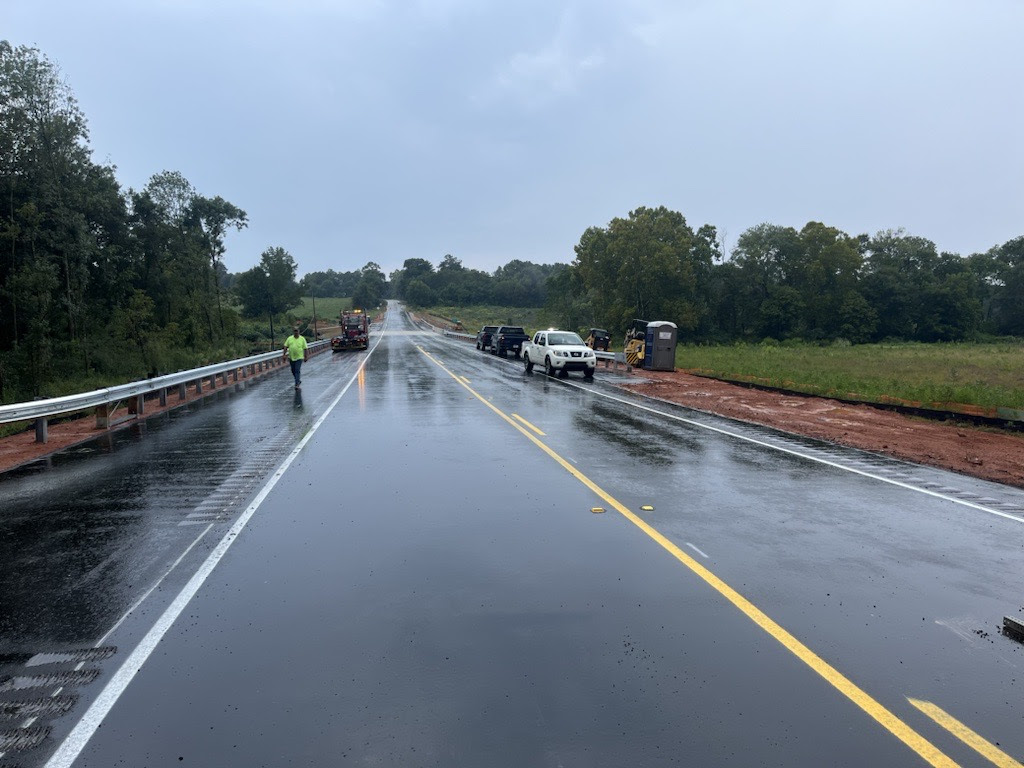
(GA Recorder) — A Georgia Senate panel gutted a sweeping House election bill that was roundly opposed by voting rights groups and a vocal contingent of local election directors.
On Tuesday, the Senate Ethics Committee approved its substitute for House Bill 1464, which trimmed the original bill from 40 pages to two, leaving only a provision that allows people to take time off to vote during early voting.
As a result, Republican House Speaker David Ralston’s initiative to give the Georgia Bureau of Investigation original jurisdiction over election cases is no longer included. The latest version also removes the complicated chain-of-custody ballot requirements that a number of county election officials say are too labor-intensive.
The initial bill, sponsored by Milwood Republican Rep. James Burchett, included the plan to hire GBI investigators to handle election fraud allegations before a host of other provisions were tacked on and cleared the House along a party-line vote.
Burchett voiced his support on Tuesday for a stripped-down measure that extends the two hours for employees to take off to vote from Election Day into early voting.
“This is the only front-facing portion that the average electorate is going to be impacted,” Burchett said at Tuesday’s meeting. “This just broadens the ability to vote.”
Supporters of the wide-ranging version of the House bill said they wanted to improve election security and increase transparency. It follows last year’s controversial Republican overhaul of election law signed by Gov. Brian Kemp near the end of the 2021 legislative session.
Republicans pushed through the so-called Election Integrity Act of 2021, which reshaped absentee voting and gave the state the ability to take over local election boards deemed to be underperforming, among other responses to unfounded claims of a stolen 2020 presidential election.
President Joe Biden’s narrow victory in Georgia over former President Donald Trump was confirmed by multiple recounts and affirmed in many rejected court challenges. Trump’s attorney general said there was no evidence of widespread voter fraud, as the president’s allies alleged.
This year’s House election bill drew criticism for having a crime-fighting agency take lead over cases that typically begin under the secretary of state’s office and State Election Board.
Republican House lawmakers said this year they wanted to further improve transparency by intensive tracking of ballots, and by giving the public the ability to examine original paper ballots after elections instead of digital images currently available as open records.
But some election administrators expressed concern that the court clerk’s office might be inundated with requests to inspect ballots. Some also said that the language governing chain of custody could require election staff to supervise people inspecting the records.
Election administrators and board members from liberal and conservative-leaning counties at a Monday committee hearing also complained the bill proposed to require poll workers to count costly blank security paper that the ballots would be printed on and create tedious documentation every time a ballot is touched.
Senate Ethics Committee Chairman Max Burns, a Sylvania Republican, said the Senate’s bare-bones version doesn’t spell doom for everything else in the previous iteration. Instead, ethics committee members and other senators plan to continue working with members of the House on more election overhaul legislation before the 2022 session is scheduled to wrap up on Monday.
Burns said he is “very focused” on an important part of the legislation that could be considered by the Senate chamber in the coming days.
“I really think it’s good legislation,” Burns said. “It’s certainly good for the voter and I believe that it’s also good for the employer.”
Voting rights advocates and other critics of the prior version of the bill also worried about the potential for local election operations to lose millions of dollars to if a proposal to funnel private donations through the State Election Board becomes law.
Following Monday’s two-hour hearing, members of the Senate panel continued to hash out what ended up becoming the version that advanced by a 10-0 vote.
“I just wanted to express my gratitude for the public that came out to speak and to express their concerns and appreciate (Burns) for allowing that to take place,” said Senate Minority Leader Gloria Butler, a Stone Mountain Democrat.







